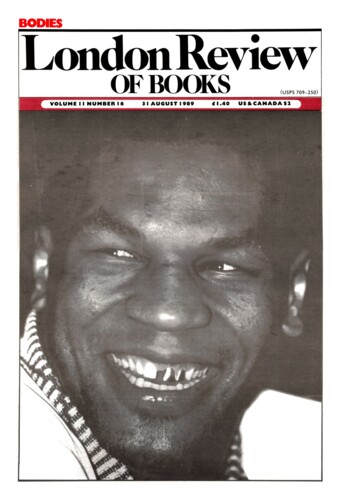Rituals of the Full Moon
Caroline Humphrey, 27 February 1992
Most people, including most social anthropologists, have only a hazy idea about the origins of human culture. For decades the whole treacherous territory has been avoided, and anthropology has come to construct itself in such a way that the subject is indeed unknowable. But here is a book which calls discretion’s bluff. Chris Knight has come up with a new and startling theory: human culture originated with a sex strike by female primates, a revolutionary act of collective solidarity which transformed ‘females’ into women. Culture came into being, Knight says, when evolving human females decided to control their own sexuality, allowing access only to males who provided them and their offspring with meat from the hunt. The ban on sex coincided with menstruation, women’s infertile period, which they now all synchronised with one another. Culture was, in effect, the social ritulisation of the rules consequent on the sex strike. Males had to forgo the consumption of their own kills and feed them to their sexual partners. Females had to prevent the advances of non-hunter males, including their own adolescent sons. Thus appeared the first taboo, against eating meat killed by oneself, and the first human social group, the matrilineal coalition or clan.



